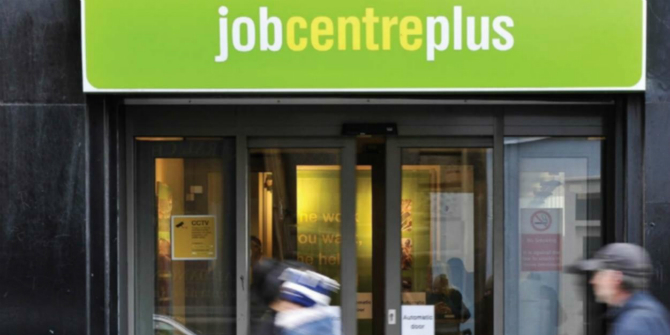Compared to the legal framework of the Single European Market, the EU’s competence in employment and social policy is relatively weak. Paul Copeland (QMUL) writes that this is likely to be a sticking point in negotiations between London and Brussels on the UK’s future relationship with the EU.
The vast majority of EU legislation in employment policy concerns anti-discrimination in the workplace, health and safety, and rights to protect social security provisions for the free movement of workers across the EU. Most of the legislation dates from before the mid-1990s, although in the field of anti-discrimination it has been continuously amended and updated.
Publicly, British MPs from both the main parties have long opposed the EU’s competence in the field, particularly that of health and safety legislation. It was Margaret Thatcher who signed the UK up to the field as part of the Single European Act (1986), but it has remained a sticking point in Westminster ever since. The rationale behind integration is to create a level playing field so that Member States do not undercut each other with lower (and cheaper) standards.
As the legislative framework gathered pace, Britain argued that it was too extensive, too inflexible, too burdensome, too everything. It didn’t help that when the UK transposed such legalisation into UK law, it often went beyond EU provisions and ‘gold-plated’ it. The UK, in coalition with other like-minded Member States, often blocked or attempted to weaken legislation during policy negotiations, furthering its reputation as an ‘awkward partner’.
The UK media exploded into a frenzy of Eurosceptic hostility when, in 1992 and under health and safety provisions, the EU agreed to limit the number of hours an employee could work to an average of 48 per week. For the UK, this was a step too far and symbolised the continuous power-grab of Brussels. It didn’t seem to matter that the UK had secured an opt-out from the 48-hour limit. The Directive feeds into the growth of Euroscepticism and was frequently cited by the press as reason to limit the powers of Brussels. Even Tony Blair thought it was evidence that sometimes the EU went too far.

And herein lies the problem: If the UK wants access to the Single European Market post Brexit, it will be required to follow and mirror EU policy in the field to create a level playing field. The EU argues that if the UK diverged from EU standards but had access to the Single European Market, it would give the UK an unfair competitive advantage.
The requirement to follow EU legislation may also include some of the broader employment legislation on employment rights and temporary contracts, parental leave and so forth. There are even suggestions from the new European Commission that the UK will need to follow future legislation, even though the UK will not have participated in their formation.
As Brexit has been about ‘taking back control’, having to comply with this body of legislation is unlikely to gain much traction with the current government, indeed the Brexit Secretary, Stephen Barclay, has ruled out the creation of a level playing field. Following EU legislation goes against the promises made during the 2016 referendum campaign. In the eyes of the Conservative Party, it would also scupper the UK’s hopes of becoming the Singapore of Europe.
2020 will most likely feature political deadlock between London and Brussels on level-playing field issues and not just those concerning EU employment policy. Other policy areas, such as the environment, are level-playing field areas too. The two most likely political outcomes during the negotiations are a fudge between the two sides or a no-deal Brexit. In this regard, a no-deal Brexit is more likely than ever.
And what about the future of the EU’s competence in the field? Given that the UK has put much effort into limiting EU integration in the field we might expect a renaissance of EU activity. As I explain in my recent article ‘Why Britain will do little to change the political contours of the European social dimension’ this is unlikely to happen. While the UK has been a pivotal player in limiting integration in the field, from 2010 onwards successive UK governments retreated from this role. Meanwhile (and without the UK), the EU pursued a policy of austerity, which included a liberalisation of the welfare state to embrace more neoliberal UK-inspired policies.
It would seem that the UK is leaving the EU just at a time when things were going its way. But Brexit has always been more about symbolism than real political and policy substance. Complying with current legislation or future legislation in the field of employment and social policy would not be particularly onerous for the UK, but it hardly demonstrates the promises made in 2016.
If 2019 was the year of the ‘backstop’ during the UK-EU negotiations, with all the political turmoil it created, then 2020 is set to be the year of the ‘level playing field’.
This post represents the views of the author and not those of the Brexit blog, nor LSE. Image by J J Ellison, Creative Commons Attribution-Share Alike 3.0 Unported.






